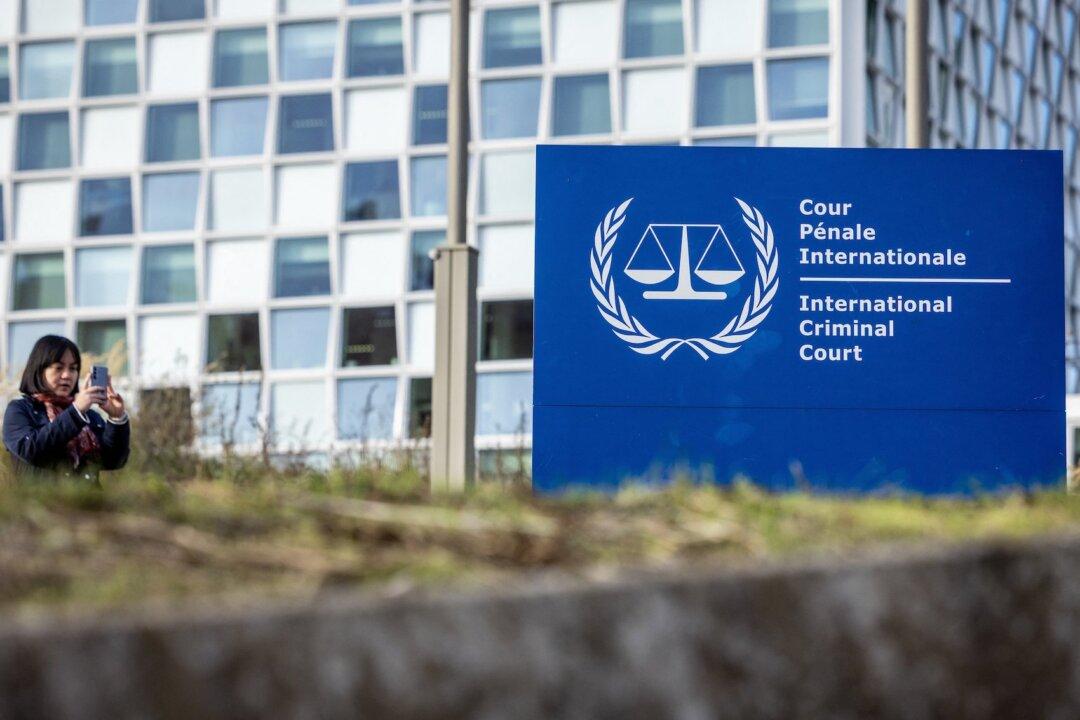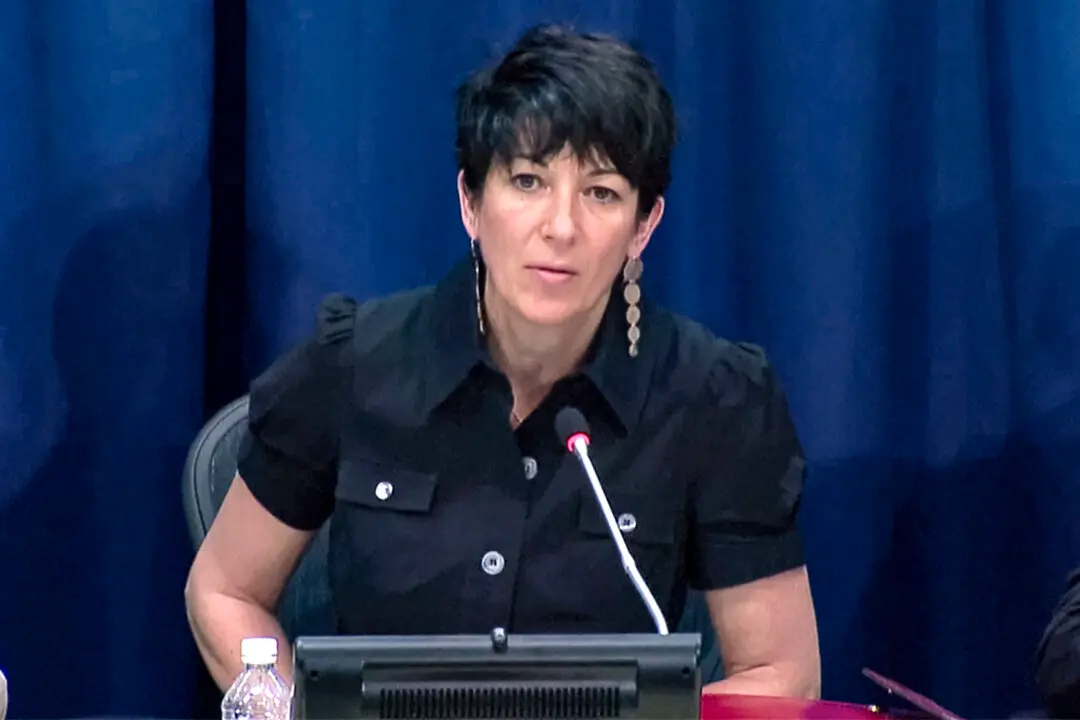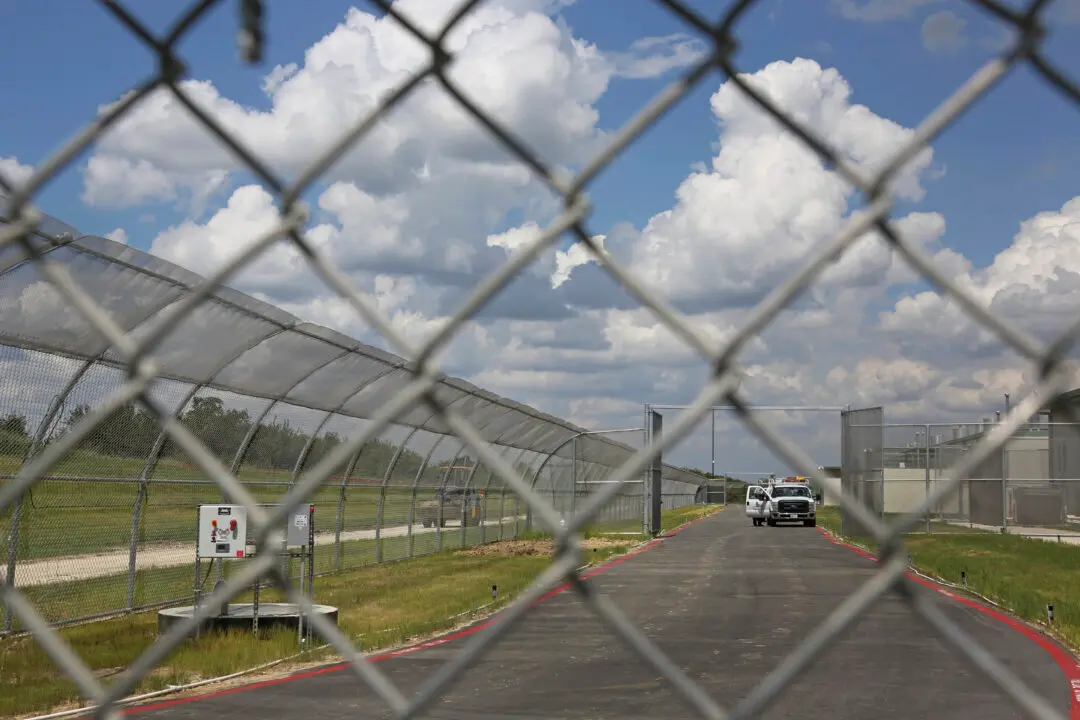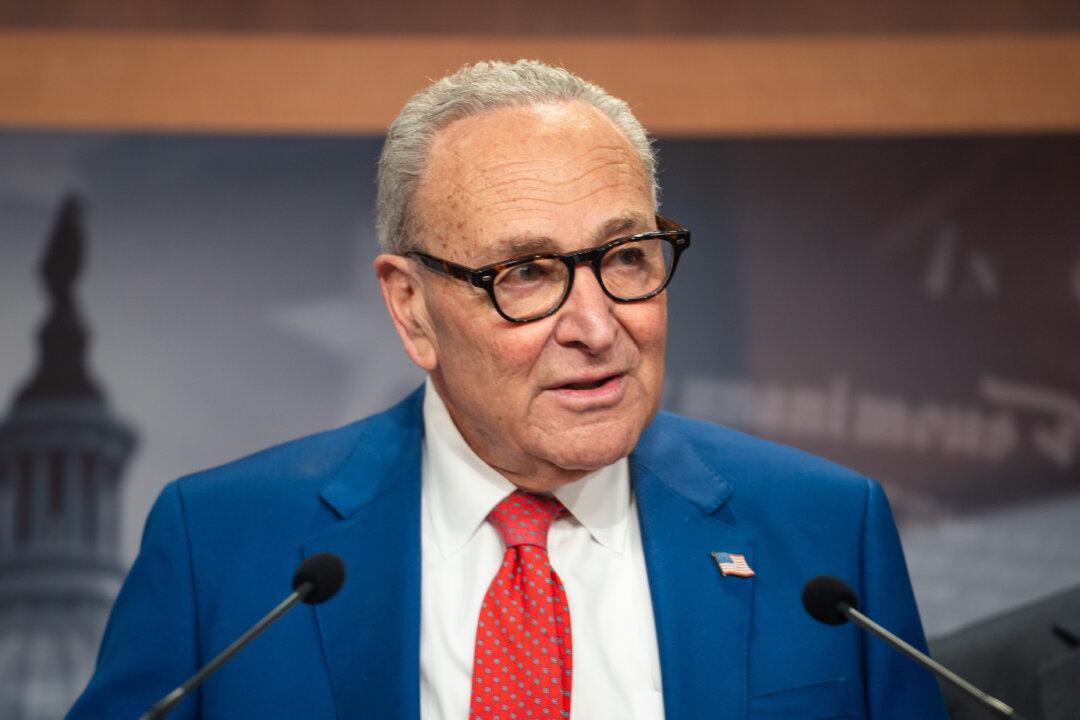WASHINGTON—President Donald Trump enacted on Feb. 6 an executive order to allow for the imposition of sanctions on the International Criminal Court (ICC) over its alleged bias against Israel and the United States.
The ICC issued arrest warrants against Israeli Prime Minister Benjamin Netanyahu and former Israeli Defense Minister Yoav Gallant over Israel’s actions in the Gaza Strip in response to the Hamas terrorist group’s attack on Israel on Oct. 7, 2023.





